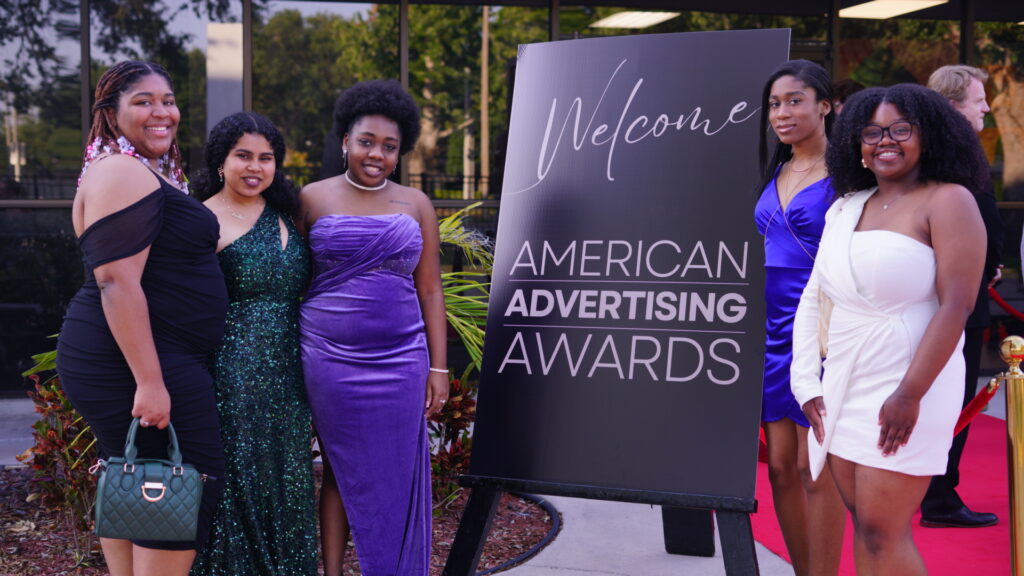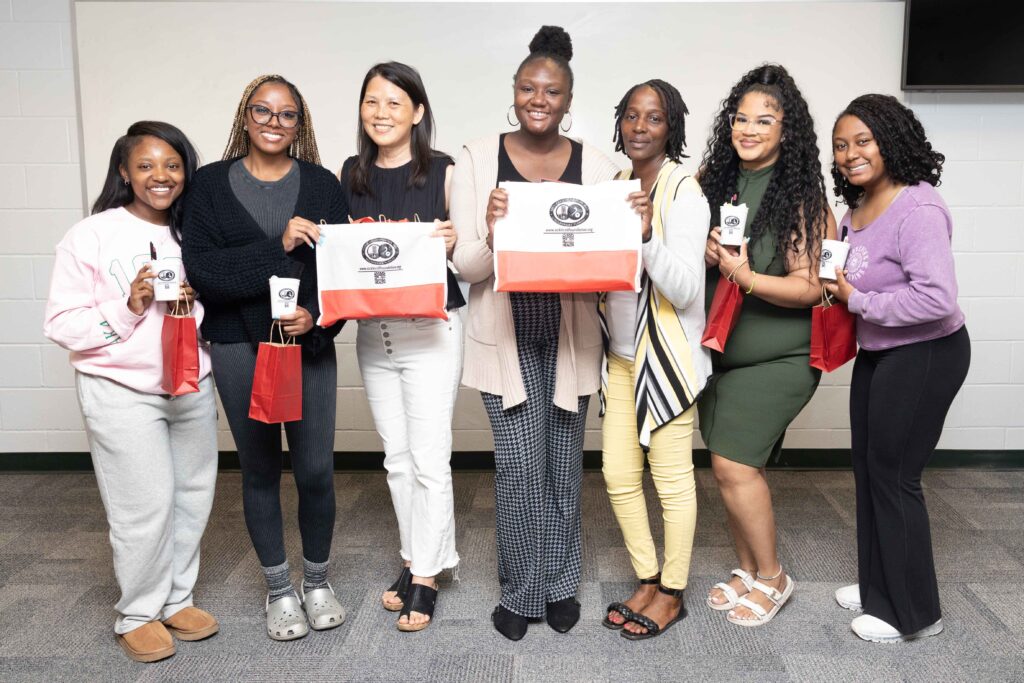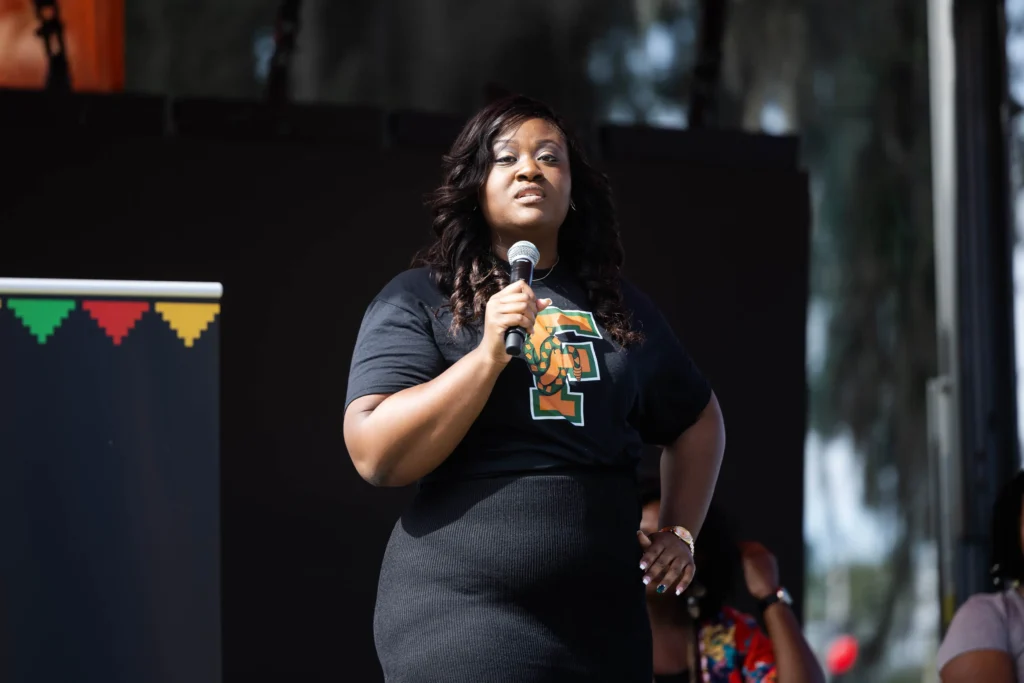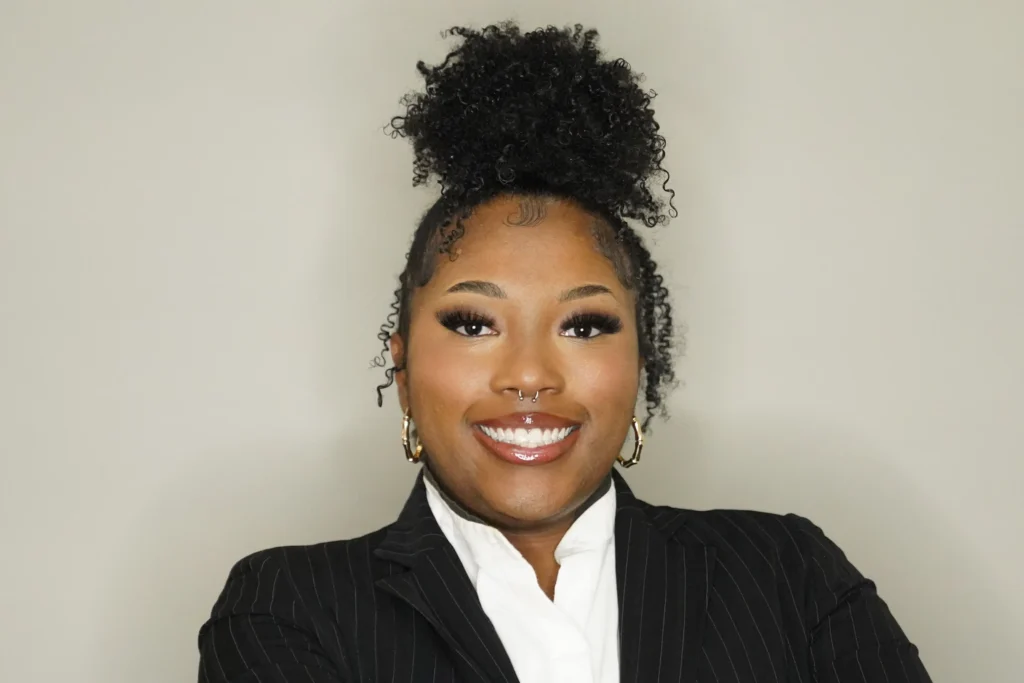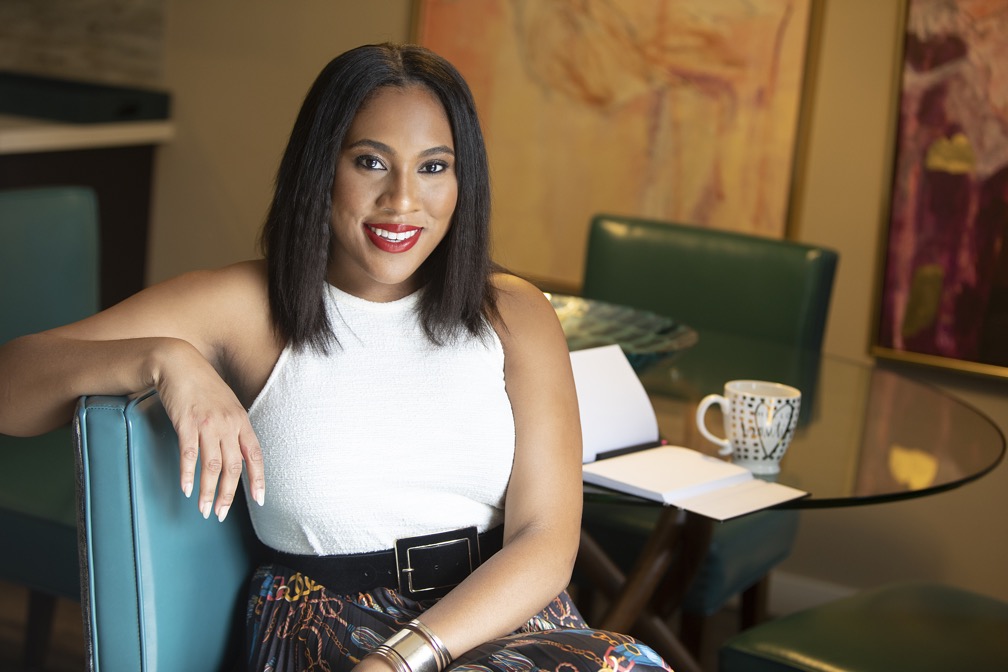
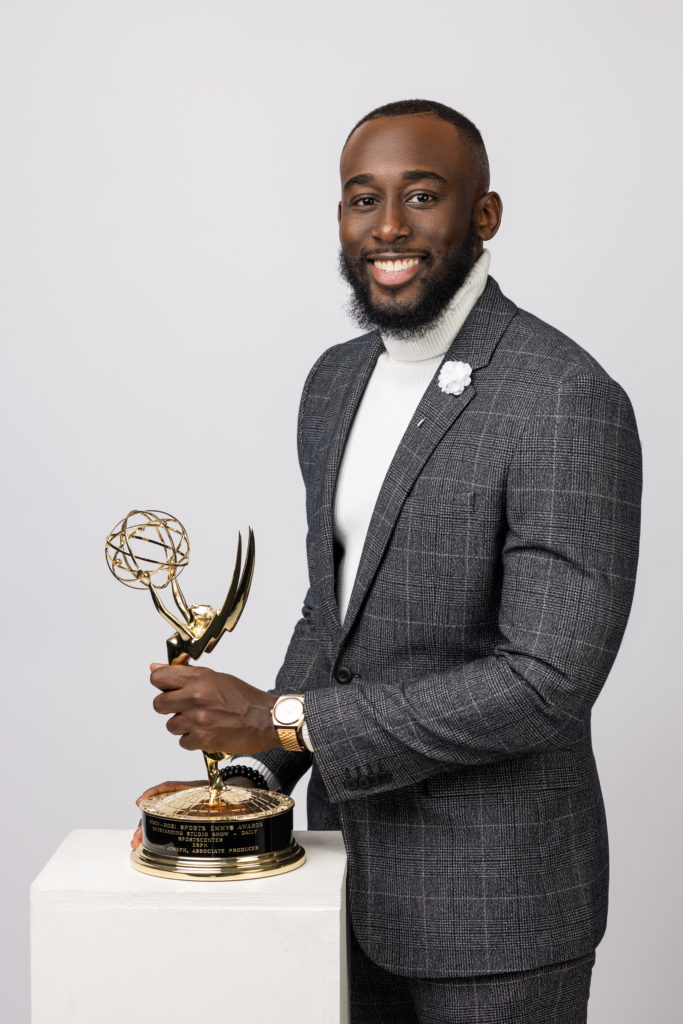
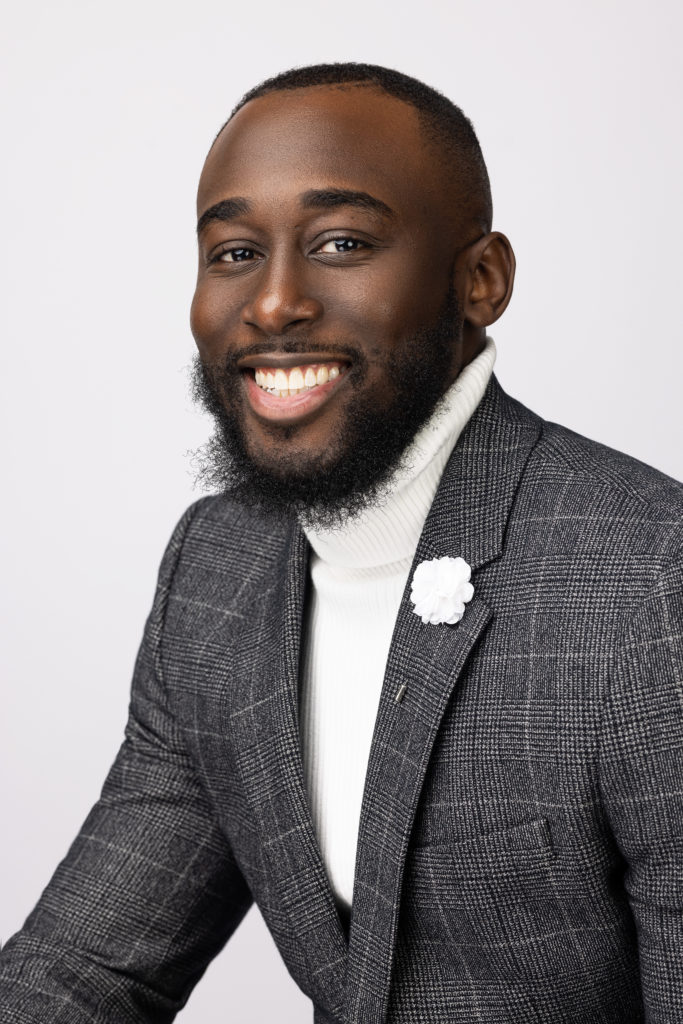
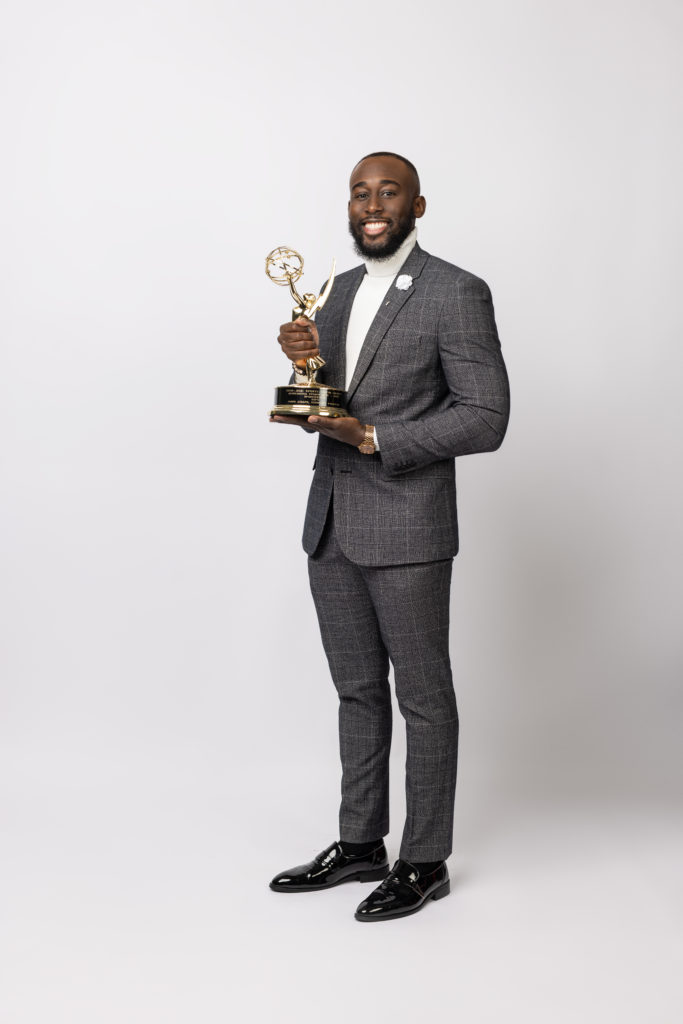
Jason Joseph is proof that matriculating through The FAMU School of Journalism & Graphic Communication can land you in the position of your dreams. Joseph got his start as a producer for FAMU TV-20, working with his fellow SJGC colleagues on the student-led show that aired three times per week. Seven years later, Joseph works as a senior sports content researcher for SportsCenter, ESPN’s longest-running program. Joseph recently won a 2020 Sports Emmy Award with the rest of the SportsCenter team for having the “Most Outstanding Daily Studio Show.”
Joseph did an exclusive Q&A to give SJGC students a deep dive into his daily life, how he took his dreams from ideas to reality, and advice on how to pat yourself on the back.
What’s it like coming from J-school?
The FAMU School of Journalism and Graphic Communication helped prepare me in many ways. Going through the coursework helped develop my understanding of how to be a true professional. I gained confidence from being able to hone my skills, particularly in critical thinking and problem solving, which I still use to this day.
How did you make the transition from local news media in Tallahassee to a national show like SportsCenter on ESPN?
I was successful as a news producer but I wasn’t always fulfilled with that role and I knew I needed a change.
It was a scary process to truly chase what I desired, which was working in sports media, and failing to break into that realm. But, I knew I needed to be honest with myself and what would allow for my best work & finding that “IT” is what brought me to this point. SportsCenter and ESPN, in particular, are the pinnacle of sports media, so I knew I needed to map out how I would get to that space. I made it a goal of mine and from there I worked tirelessly in learning the style of work they put out and implemented that into my creative process.
Has a FAMU connection ever resulted in getting a job?
Both of my post-graduate stops to this point have come with FAMU connections. On my first stop, I was recommended to the news director by Alicia Turner, who knew I applied & that opened the door for an interview.
Next, through the assistance of alums Dayna Lee, Maurice Johnson, James Jackson and Clarence Fowler, I was able to get in contact with recruiters to begin the process of entering interviews with ESPN. Networking has been a huge part of the paths I’ve traveled and it’s not lost on me how important that has been.
What do you love about your job at ESPN?
We have open dialogue on what works & what doesn’t I think that is huge. Being receptive to that feedback & constructive criticism helped make me a better journalist & a better researcher. Earning the trust of my colleagues was another huge key as it allowed me to truly show what type of work I can bring to the table.
Another big step was speaking up and finding when & where to voice my concerns with content ideas that I felt would make our product better. Lastly, understanding that getting to this point isn’t a linear journey helped me because I was realistic in learning that not all our paths to success are the same. By doing that, I was able to get to this point at my pace instead of trying to rush at others’ pace and knocking off my own focus.
Give us a quick dive into a day in the life of a senior sports researcher.
My days greatly vary depending upon my work assignment. If I’m researching SportsCenter that day starts at anywhere from 2:30 pm to 6:30 pm and ends at anywhere as late as 3:00 am, just depends on our air time.
But I start with seeing what’s in the media cycle, then see how I can bring those stories to life with my research elements. Then I get to work and my producer and I discuss how to best tell those stories. From there it’s all about preparing to react to whatever big news happens throughout the day.
If I’m working on general assignments, I’m focusing on being ready to react to all the new information that comes in and bringing my vision for what is important & generating stats to help tell why I see the story is important, and making it available to my colleagues on shows or our social teams who use it for multimedia content.
Those are generally the gist of how my days would go, they greatly change based on what I’m assigned.
One unconventional thing I do is always make sure I reach out to as many colleagues working that day as possible to see who may have content we can collaborate on. It’s a normal thing for me & I think having multiple eyes working on one goal always makes for better content.
What was the best moment of your career? The worst?
The best moment is hard to pick at this point. I think the easy answer would be finding out SportsCenter won an Emmy for Most Outstanding Daily Studio show, but I’m already looking at how I can help to try and win more in the future. I could say working the last two NBA Drafts, but I still have aspirations of working other major remote assignments ahead of me, so I’ll say those stick out as most memorable, but I don’t think my best moment has happened yet.
As for my worst, I’d say it wasn’t a moment but an entire year. 2017 was a year that was professionally unlike any other for me. I knew I needed to transition out of news media but wasn’t able to have the means or opportunities at the time. From personal turmoil and confusion. It was a rough time. My colleagues were amazing but every day of work that year felt like I was searching for something I couldn’t find & it brought me to realize a change was imminent but still far away.
What advice do you have for SJGC students?
The best advice I have for SJGC students is to find what motivates them. It’s understandable to be afraid of finding what fits you best, but you can’t lie to yourself and stay in a place you don’t feel serve you best.
Also, celebrate yourself when you feel proud. That’s an area I’ve always had to work on because I’m always looking for what’s next but taking time to genuinely assess what you’ve done is necessary to prevent burnout.
